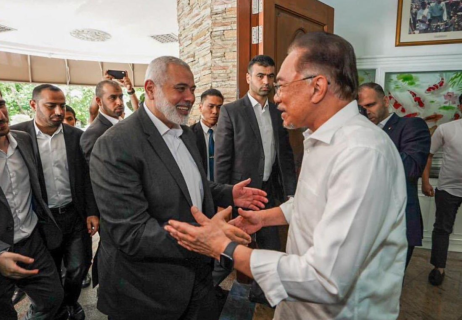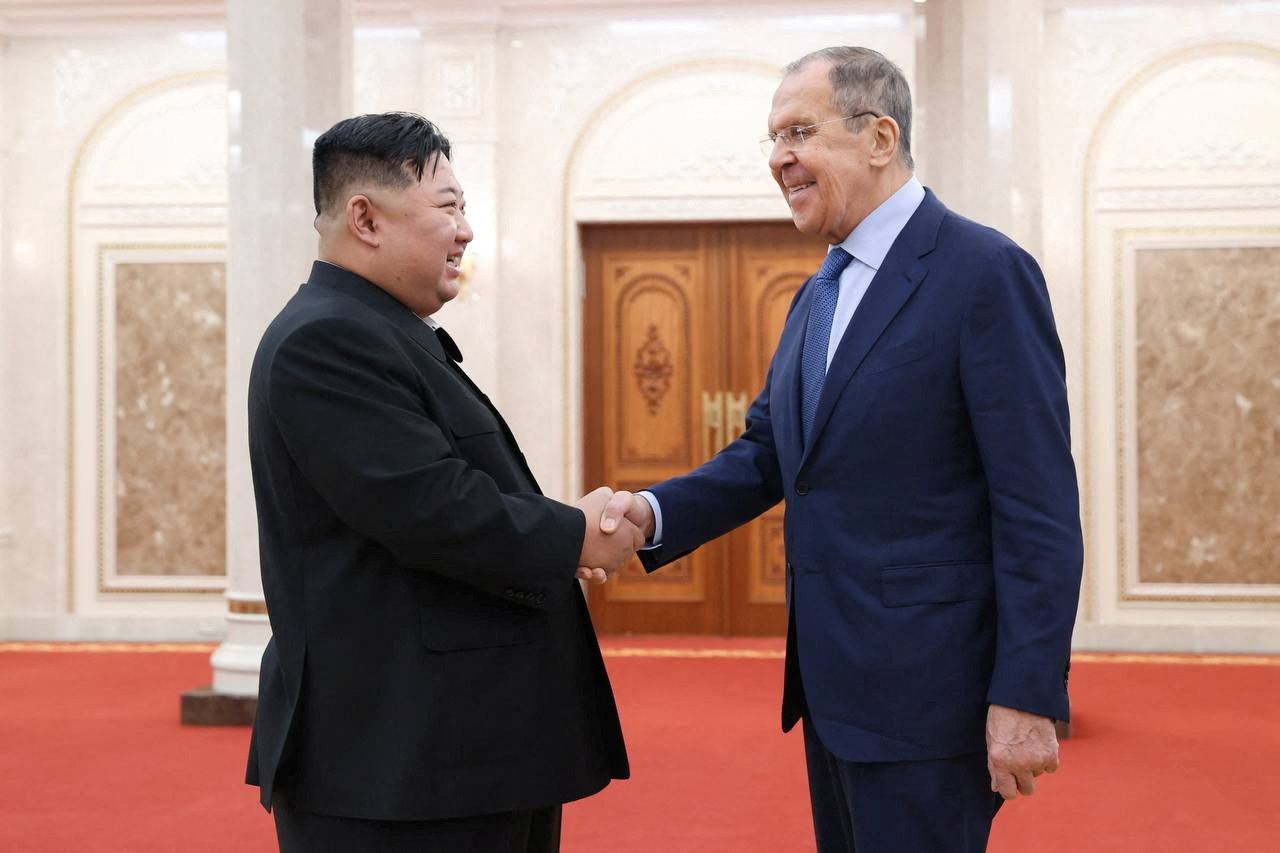Malaysia’s Prime Minister, Anwar Ibrahim, is demonstrating such principled leadership through his unwavering support for the Palestinian cause amid the recent Israel-Hamas conflict. Anwar’s commitment to justice, self-determination, and human rights is both admirable and vital in today’s turbulent times.
Anwar’s trip to Saudi Arabia, which was initially planned for an ASEAN-Gulf Cooperation Council summit, takes on a new significance in light of the deadly incursion by Hamas into southern Israel. In the aftermath of the violence that claimed more than a thousand lives, the world found itself sharply divided. Western leaders have largely expressed support for Israel, while the Muslim world, in particular, has condemned the Israeli Defense Force’s air assaults on the Gaza Strip, which have resulted in the deaths of numerous Palestinian civilians.
What makes Anwar’s stance stand out is his readiness to address this issue not just within his country but also on the international stage. During a special parliamentary session in Malaysia, Anwar affirmed that he would discuss the Gaza crisis with leaders from countries such as the UAE, Qatar, Egypt, and Turkey. He insisted that immediate action was imperative.
Anwar’s approach is notably unyielding. In the face of Western pressure to denounce Hamas, he affirmed Malaysia’s longstanding relationship with the Palestinian group. Anwar’s rationale is that Hamas came to power through democratic elections, with the people of Gaza choosing them to lead. This unwavering support for the democratically elected government of Gaza demonstrates Malaysia’s commitment to the principles of self-determination.
In addition to his parliamentary address, Anwar held a crucial phone call with Ismail Haniyeh, the head of Hamas’ political bureau. During this conversation, he emphasized Malaysia’s solidarity with the Palestinian people. He placed the onus on Israel to abandon its politics of dispossession, broker an immediate ceasefire with Hamas, and genuinely seek a peaceful resolution to end the ongoing conflict. This proactive stance prioritizes the well-being and safety of all individuals affected by the crisis.
Anwar’s position reflects Malaysia’s principled, bipartisan, and long-standing support for the Palestinian cause. The refusal to establish diplomatic relations with Israel is a testament to this commitment. However, recent events have reignited anti-Israel sentiments within Malaysia, with special prayers for Gaza held in mosques and pro-Palestine rallies attended by politicians from different sides of the Malaysian political spectrum. These expressions of solidarity underscore the broad public support for the Palestinian cause.
In a powerful symbolic gesture, the Ministry of Education announced its withdrawal from this year’s Frankfurt Book Fair, the world’s largest trade fair for books, citing the organizers’ perceived pro-Israel stance. This decision illustrates that Malaysia’s principled stand is not confined to mere rhetoric but is backed by tangible actions.
Anwar’s dedication to this cause is a reflection of the broader sentiment among the Malay Muslim majority in Malaysia. The Palestinian cause holds a special place in their hearts, and it is politically imperative for the country’s leadership to maintain its support.
As the Abraham Accords usher in a gradual normalization of relations between Arab nations and Israel, countries like Malaysia, along with Indonesia and Brunei, have become increasingly important voices in support of the Palestinian people. While their influence on the ground in Gaza or the West Bank may be limited, the moral and diplomatic weight of their support is undeniable.
In an era where realpolitik often trumps principles, leaders like Anwar Ibrahim serve as a beacon of hope. His unwavering support for justice, self-determination, and human rights in the face of global complexities is a reminder that principles should not be sacrificed at the altar of political expediency. Anwar’s stance in the Israel-Hamas conflict is a testament to the enduring importance of principled leadership in our troubled world.
















